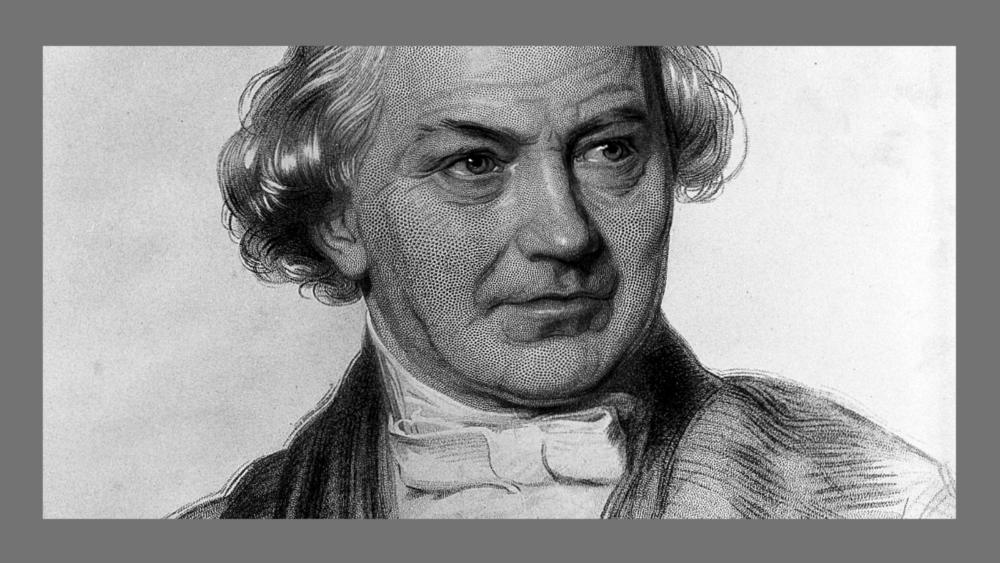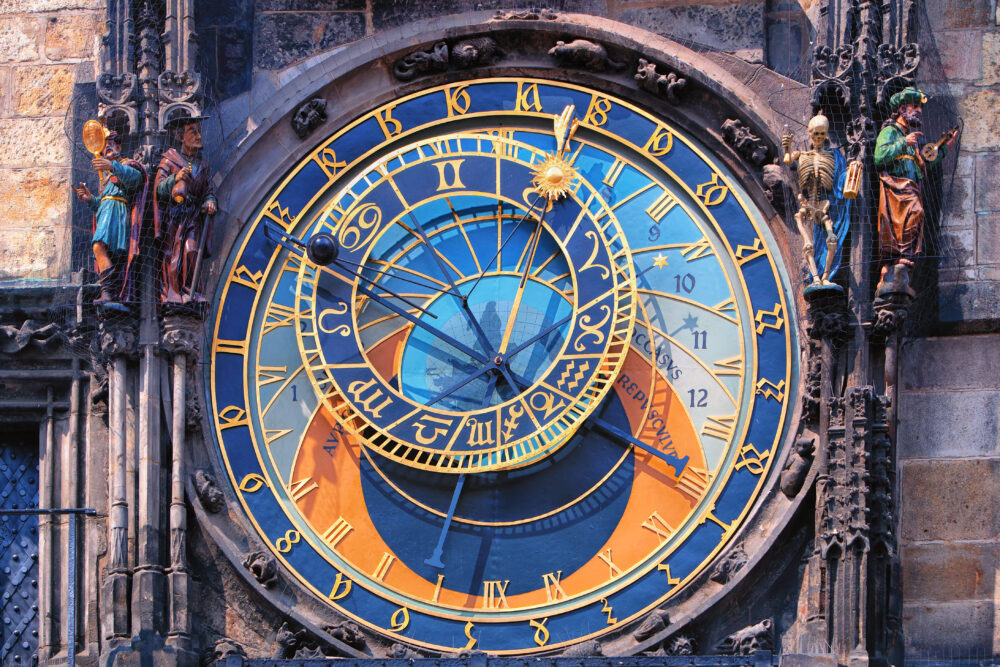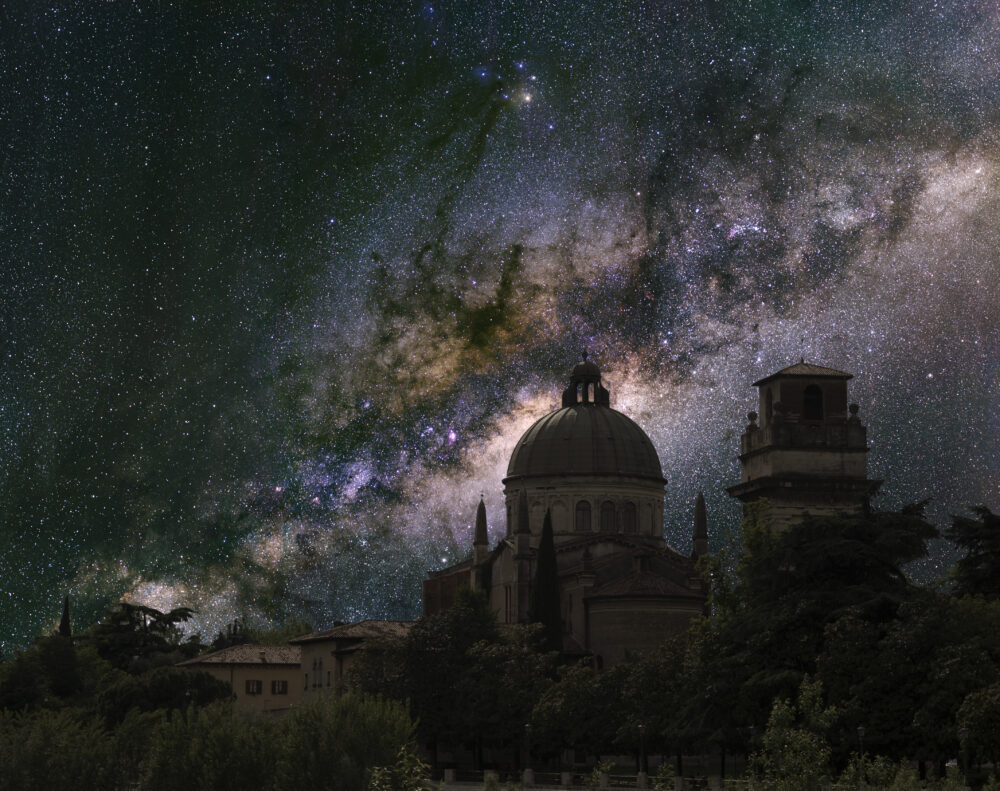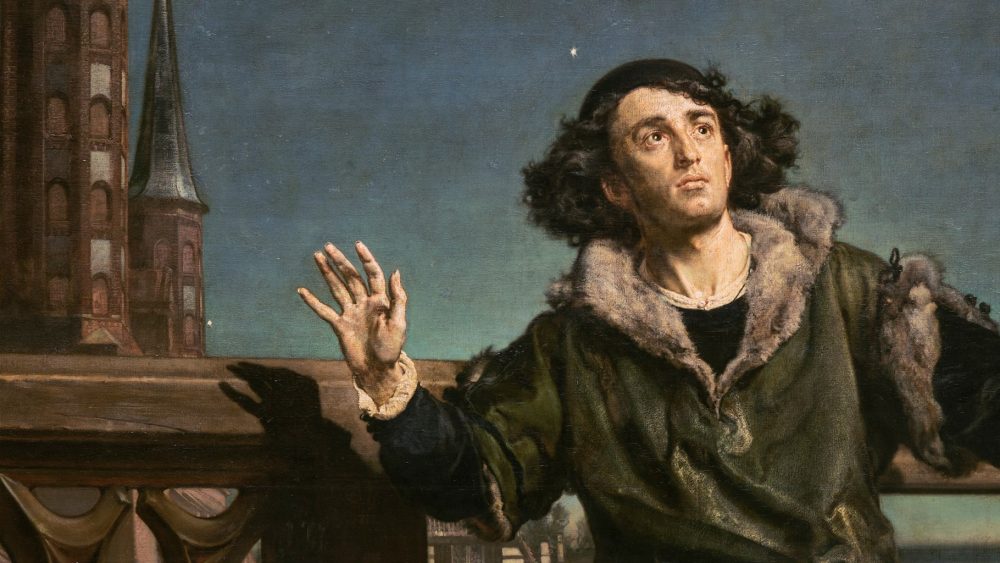


William Whewell: Statesman of Science

When Natural and Super-Natural Explanations Work Hand in Hand

How Modern Science Strengthens the Claims of Theism

John Bloom on the Match that Lit the Scientific Revolution
On today’s ID the Future Biola University physicist John Bloom discusses his chapter in the recent anthology The Comprehensive Guide to Science and Faith, co-edited by host Casey Luskin. Bloom’s focus in his contributed chapter is the pivotal role of Christianity in the rise of science. Bloom, the academic director of Biola’s master’s program in science and religion, draws on his PhD training in physics but also on his PhD in ancient Near Eastern studies and his study of the history of science. Here he argues that while the Babylonians and Greeks contributed some discoveries and insights that would eventually play into the rise of science, science did not take off, was not born, until a cluster of crucial ideas Read More ›
New Book Unbelievable: No Bill Nye, a Big Cosmos Isn’t a Problem for Religion
On this episode of ID the Future host Andrew McDiarmid continues his series with science historian Michael Keas about Mike’s new work from ISI Books, Unbelievable: 7 Myths About the History and Future of Science and Religion. Here they focus on the myth that a vast cosmos renders humanity insignificant, and in the process, discredits the Judeo-Christian worldview. As Keas notes, science popularizer Bill Nye recently dusted off this old saw, but the Old Testament itself, in the Psalms, depicts man and the earth as tiny in compared to a vast universe. Keas also discusses C.S. Lewis’s take on the matter. Lewis pointed out that atheists have argued that a universe where earth is the lone habitable planet argues against God. Read More ›